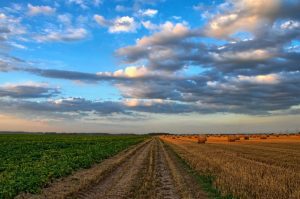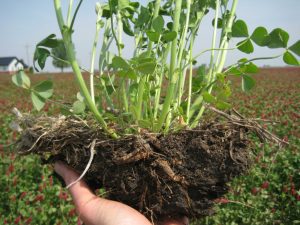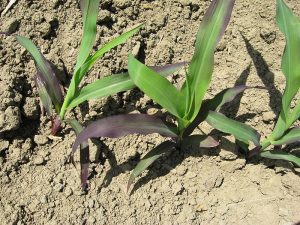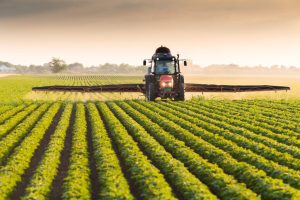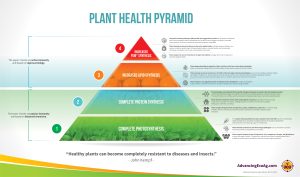As farmers, we tend to be practical people. Just give me an idea and I’ll go and do it! But we often don’t sit back and think about why we are doing it. Many of us know that regenerative agriculture practically works on the ground, but how well do we understand why it works? This article will discuss the philosophical underpinnings of regen ag, and how it can be applied more broadly than your paddocks.
Holism
The term holism was coined by South-African statesman Jan Smuts in his book Holism and Evolution. The pithy explanation of this theory is that “the whole is greater than the sum of its parts”. This stands in opposition to reductionist approaches which seek to only look at parts of a system and address problems related to those parts in particular. By looking at the whole system and understanding that certain properties emerge from the complex interactions between the parts, we can often get a better understanding of how to approach a problem.
To give a practical example, if we are looking at a particular weed in our paddock, a reductionist would see the problem only in terms of the weed competing with the desirable species. The reductionist solution to the problem is to kill the weed and stop it from competing. A holism perspective would see that there is a broader system at play. The weed is part of a greater whole, and its growth is a symptom of the system. There is a one-word question to ask which will trigger this holistic perspective: “Why?” By asking why the weed is growing, we can find solutions that address the root cause of the problem.
Complex Adaptive Systems
The systems that Jan Smuts described started to be labelled as complex systems, owing to the complexity of interactive elements within them. Adaptive qualities would emerge from these complex systems, and so the term was coined “Complex Adaptive System”. Understanding the self-organising properties breathe new life into those who are trying to manage them – rather than having to break down the systems into their parts, we can work with them and their adaptive properties to produce better results!
To get practical again, we can see our soil ecologies as complex adaptive systems. Some emergent properties of our soil ecology are water-holding capacity and nutrient availability. As a functioning whole, the system is adaptive to events that might occur to it. By enhancing the complexity of the soil ecology, we are improving the emergent properties of water-holding capacity and nutrient availability, further enhancing its resilience (adaptive) to disturbances. This insight can only occur if we are (knowingly or unknowingly) thinking in terms of complex adaptive systems and working to enhance their function.
These systems once seemed too complex to manage without reductionist simplification. By understanding the higher-level order at play, we can work with their incredible adaptive properties.
It might seem a bit daunting to delve into the philosophical underpinnings of our decision-making, but once we understand these patterns, we start to see them everywhere. The area of systems thinking is not only applicable to agriculture, but to all complex systems, including all living things and the systems that emerge from their relationships. This includes everything from human health to global economies!


